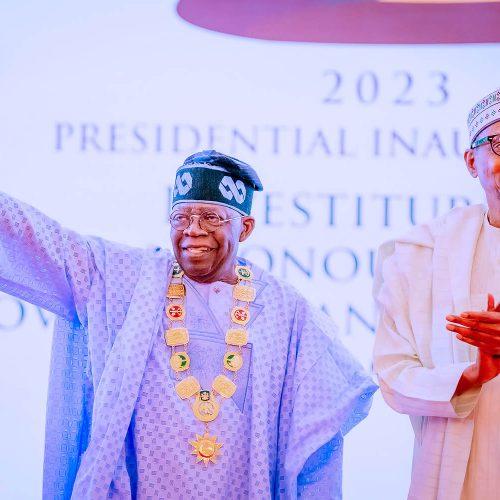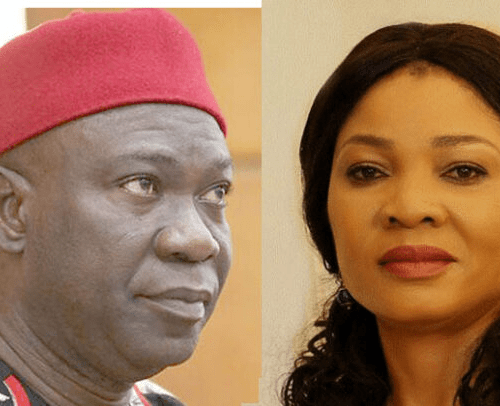Kay Lord | 20th March 2025

What happened today at the NASS brings to a conclusion the action the president took two days ago to restore normalcy to a federating unit that was gradually descending into a volatile situation if things were not quickly nipped in the bud. That is the essence of representative democracy and order.
Representative democracy was instituted precisely because society cannot be governed by an angry mob. While public sentiment is essential in shaping governance, the process of decision-making requires rationality, structure, and long-term vision—something that mob rule cannot provide.
Advertisement

To order your copy, send a WhatsApp message to +1 317 665 2180
Mob rule, or ochlocracy, is characterised by emotional decision-making, reactionary behavior, and the lack of structured deliberation as we see these past few days all around our country – on TV, Radio, and online on social media.
It thrives on impulsive responses to events, often based on fleeting public outrage rather than sound governance.
History has shown that societies governed by mobs tend to be chaotic, with inconsistent policies and actions that undermine economic growth, and national security.
Representative democracy was designed to counteract these dangers by placing governance in the hands of elected leaders who can assess situations objectively, balance competing interests, and make informed decisions.
Unlike the rule of the mob, representative democracy allows for cooler heads to prevail, ensuring that laws and policies are crafted with foresight rather than in the heat of the moment.

Leaders in a representative democracy are expected to act in the best interest of the people, not just in response to popular emotions.
They rely on expert advice, economic analysis, legal frameworks, and diplomatic considerations rather than basing policies and actions on public outrage or temporary societal grievances. This rational approach prevents poorly thought-out policies and actions of government that could have long-term negative consequences.
One of the great advantages of representative democracy is the system of checks and balances, which prevents the concentration of power and ensures that decisions are scrutinized before being implemented.
Institutions such as the judiciary, legislature, and executive branch work together to moderate governance, preventing extreme policies driven by mob sentiment that’s so common amongst many Nigerians.
While public opinion remains a vital part of governance, it must be channeled through structured and rational mechanisms. Representative democracy provides the necessary framework for ensuring that governance is not driven by emotions, knee-jerk reactions, or mob pressure but by careful deliberation and strategic decision-making.
Without such a system, society risks descending into instability, where laws and policies shift unpredictably based on fleeting sentiments rather than long-term national interests.
Selah!

















